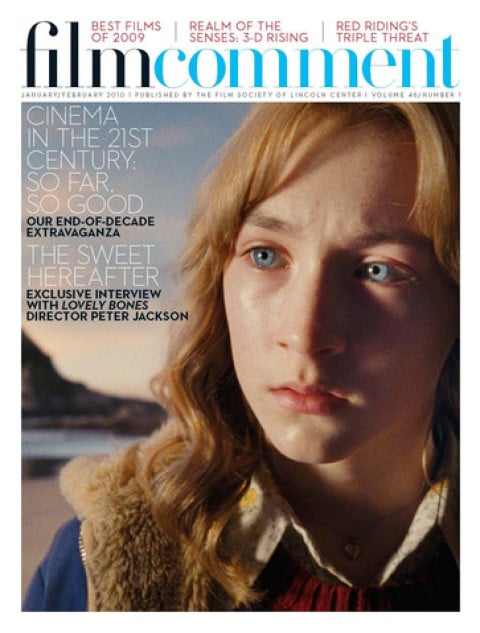
When a melting pot reaches the boiling point, people get scalded. Consider, for example, that classic histrionic stew—and 2004 Best Picture–winner—Crash. Five years after Paul Haggis’s directorial debut comes the team of Yaron Shani and Scandar Copti. Shani’s an Israeli Jew; Copti’s a Palestinian living in Israel. The country they call home submitted their film for the 2009 Academy Award for Best Foreign Film. The movie takes its name from the multiethnic neighborhood in the city of Jaffa, directly adjacent to Tel Aviv.
Whereas Crash was overwrought melodrama, Ajami counters with a realism that stems, in large part, from a cast of nonprofessionals seemingly caught in the act of their actual lives. A drive-by shooting gets things rolling: a bullet kills a relative of young Nasri (Fouad Habash), the film’s narrator. The violence sets in motion an open-ended narrative that spirals back and forth in time, combining irreconcilable ethnic division, forbidden love, family loyalty, and criminal activity into an ambitious mix that can be a little too ambitious.
If the film at times buckles under the weight of its aspirations, its sense of ambiance, most apparent during scenes of simple conversation between characters, more than compensates for the cinematic overdetermination. During these passages the audience gets glimpses of an insider point of view—a perspective on Middle East normalcy the West rarely, if ever, sees.








